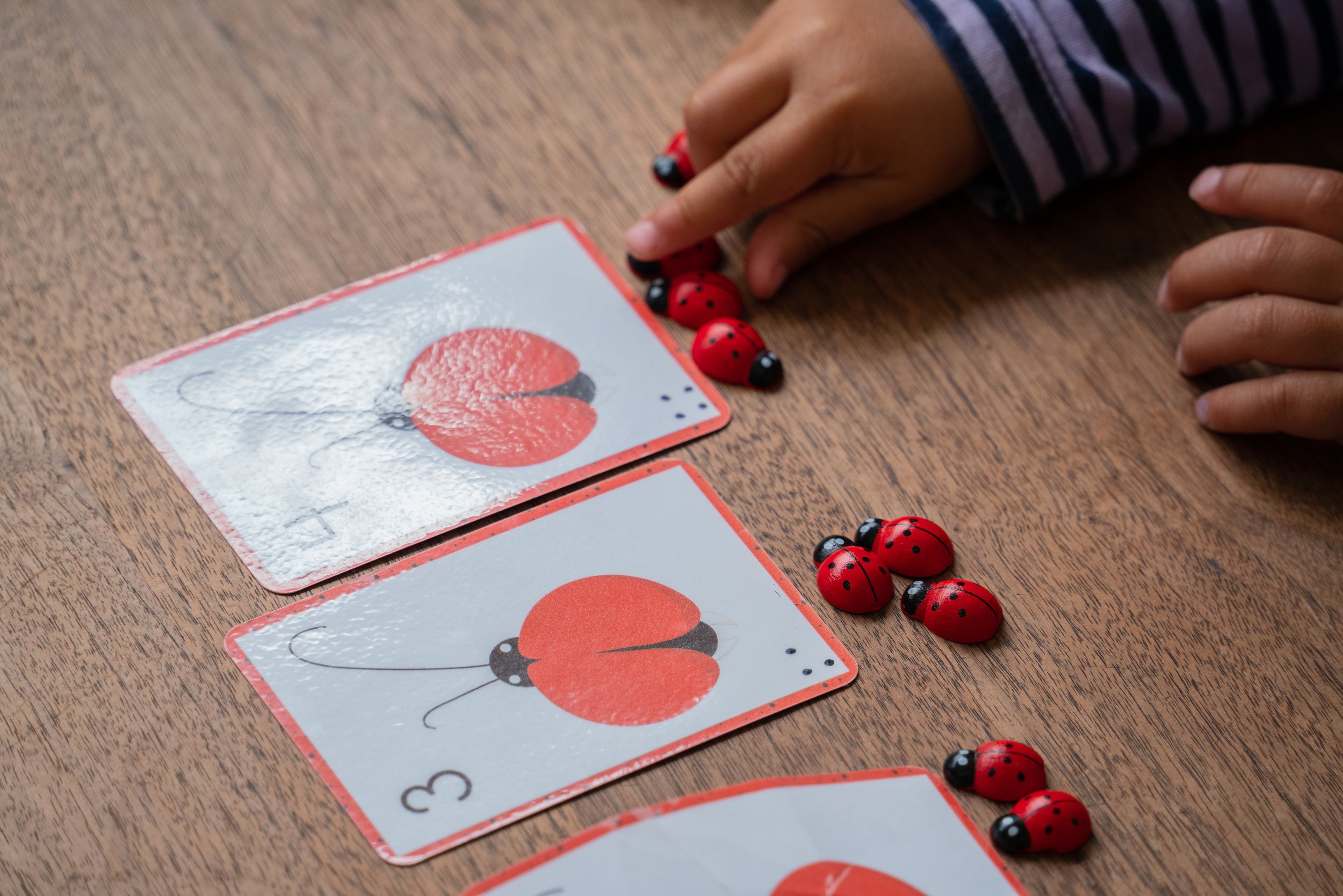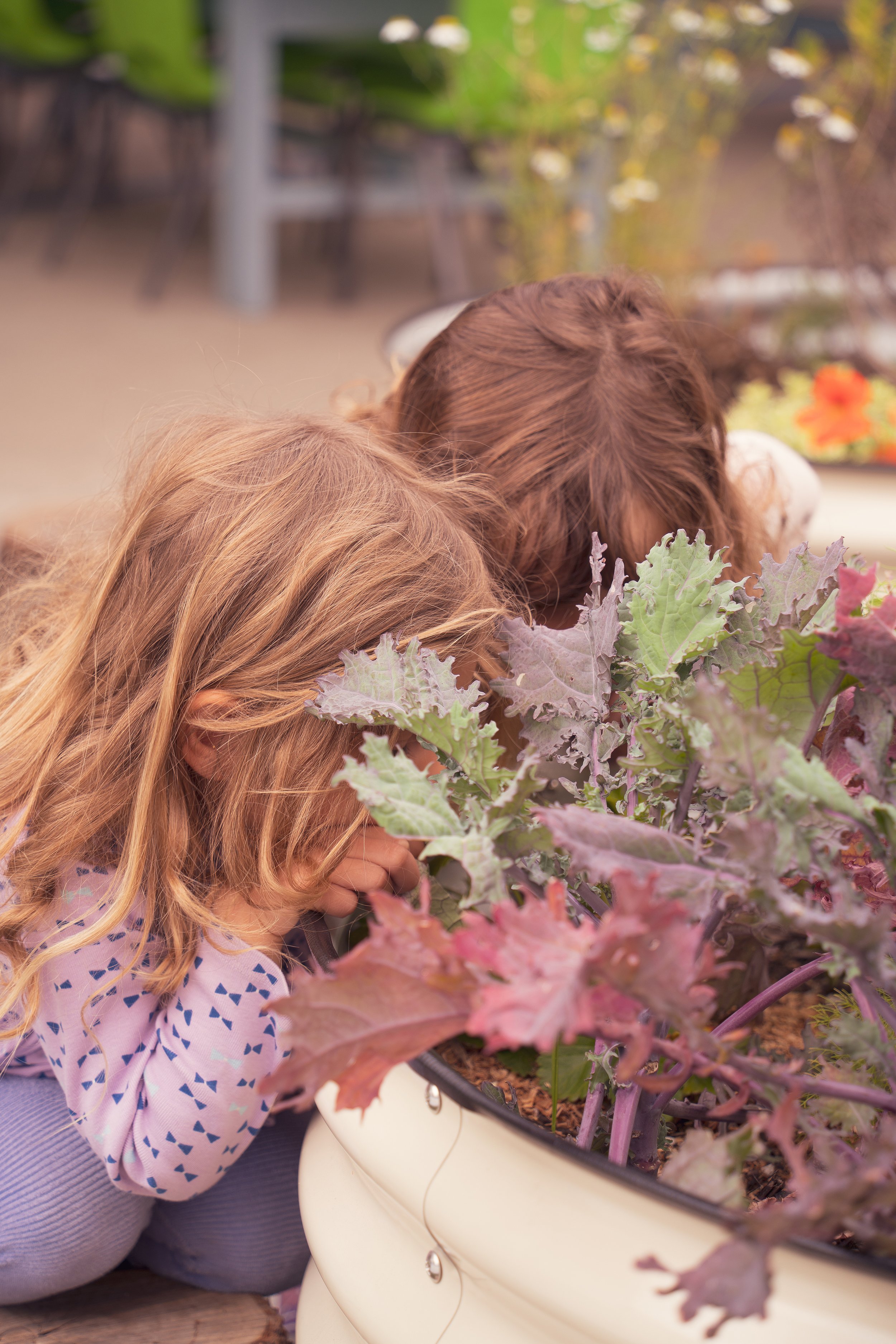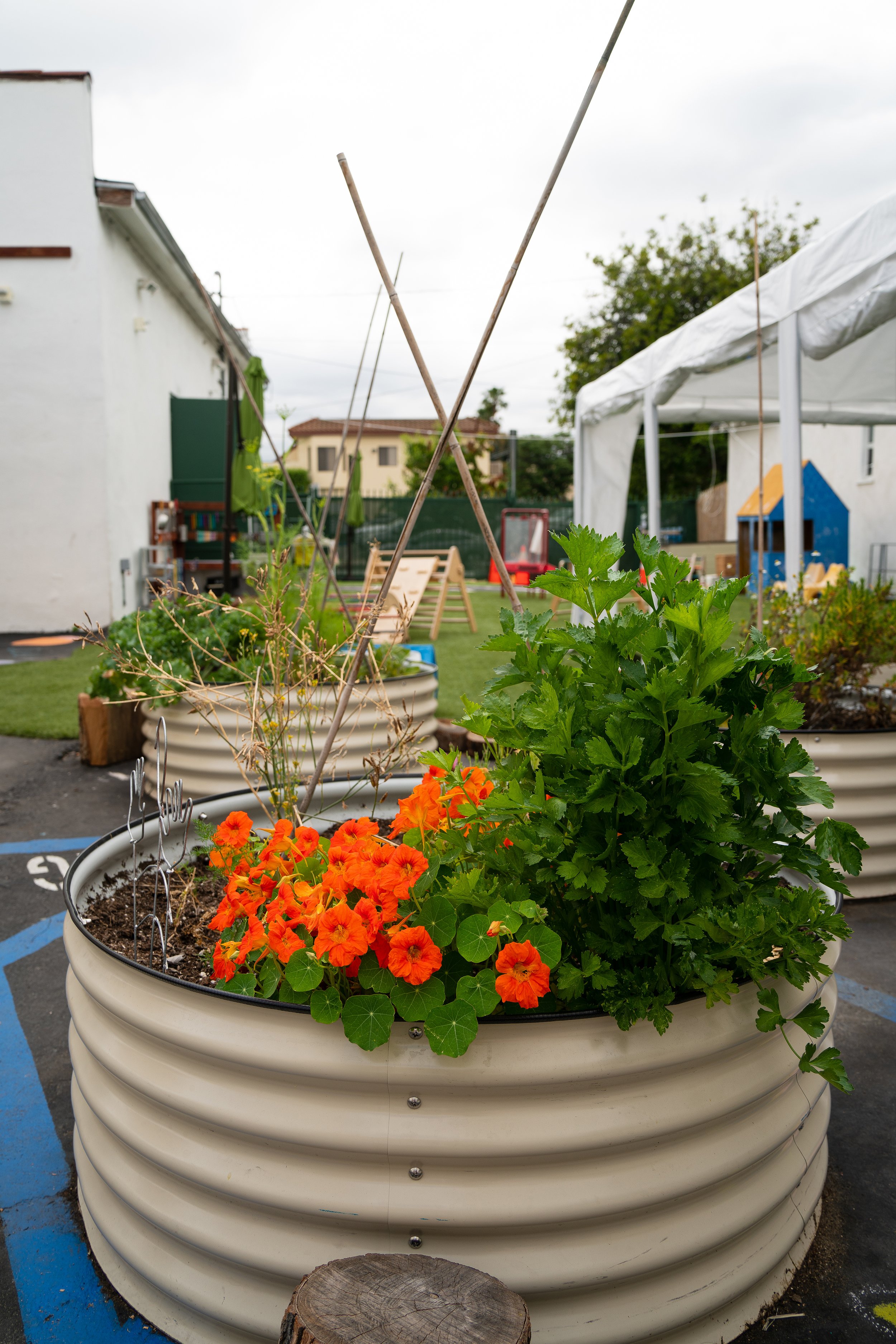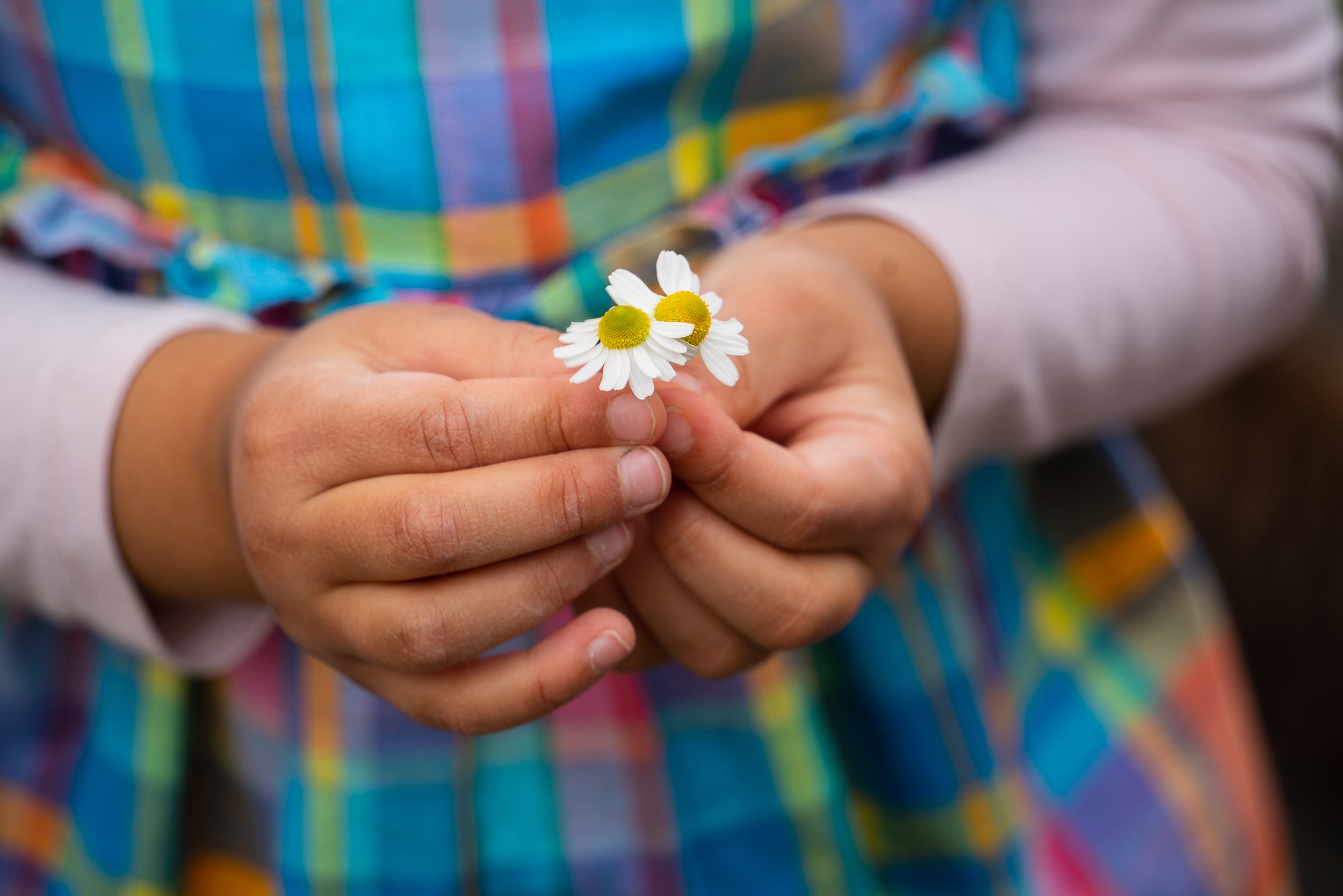Our School
Montessori Philosophy
The Montessori philosophy embraces the whole child and inspires their nature to be curious and engaged in their own learning.
Our classrooms are mixed-age, providing valuable opportunities for developing social skills and modeling respectful behavior including empathy, kindness, grace, and courtesy. Adult and peer guidance contribute to self-discipline and a sense of community.
Hours
7:30 am - 5:00 pm
Ages
2.5 - 6 years of age





















The Classroom
Our Montessori classrooms focus on learning from the following areas:
Practical Life
Includes 4 areas of concentration: caring for oneself, caring for the environment, grace and courtesy and gross and small motor movements. The goal of work in this area is to develop and support order, concentration, coordination, and independence in the young child. These areas of development are the foundation for all cognitive work that is to follow.
Language
In the area of language, we start with phonemic awareness, which then transitions to phonetic sounds, identification of letter sounds, blending, writing, and reading. The sensitive period for language begins at birth and peaks during early childhood. Our special language materials play an important role in aiding the child to develop the powers of communication and expression, of organization and classification, and the development of thought.
Sensorial
Materials and lessons in this area are designed to refine the senses: tactile, visual, auditory, olfactory, baric, stereognostic, and gustatory. This refinement in the development of the senses leads to greater sophistication in the areas of observation, discrimination, classification, order, judgments, and decision making. The sensorial materials prepare the mind for a deep understanding of the principles of mathematics and geometry.
Math
The math curriculum builds upon indirect preparation from the practical life and sensorial areas. The math materials help the child understand abstract concepts with concrete representations starting with one-to-one correspondence.
Cultural
History, geography and the sciences encompass learning in this area. The ultimate goal of the cultural curriculum is to help children realize they are part of an interconnected system of relationships between everything that exists in the universe. Presenting these concepts and materials to young children creates a sense of awe and wonder, and lays the foundation to develop a sense of respect and responsibility for not only other people but also everything in the natural world.
Work/Play
"There is a great sense of community within the Montessori classroom, where children of differing ages work together in an atmosphere of cooperation rather than competitiveness. There is a respect for the environment and for the individuals within it, which comes through experience from freedom within the community."
~Maria Montessori
Daily Schedule
7:30-8:00 Morning Care (on an As-Needed Basis)
8:00-10:30 Work Time *snack is eaten in the classroom when the child is hungry
10:30-11:00 Group Time
11:00-11:30 Lunch
11:30-12:30 Outdoor Play
12:30-1:00 Transition and Story for Nappers; Non-Napper Outdoor Play
1:00-2:00 Nap; Non-Napper Outdoor play
2:00-2:20 Nap; Non-Napper Story
2:30-3:00 Enrichment & Movement Classes/Pit and Peak
3:00 Dismissal
3:00-3:15 After-Care Snack
3:00-5:00 After-Care: Free Play + STEAM Activities
